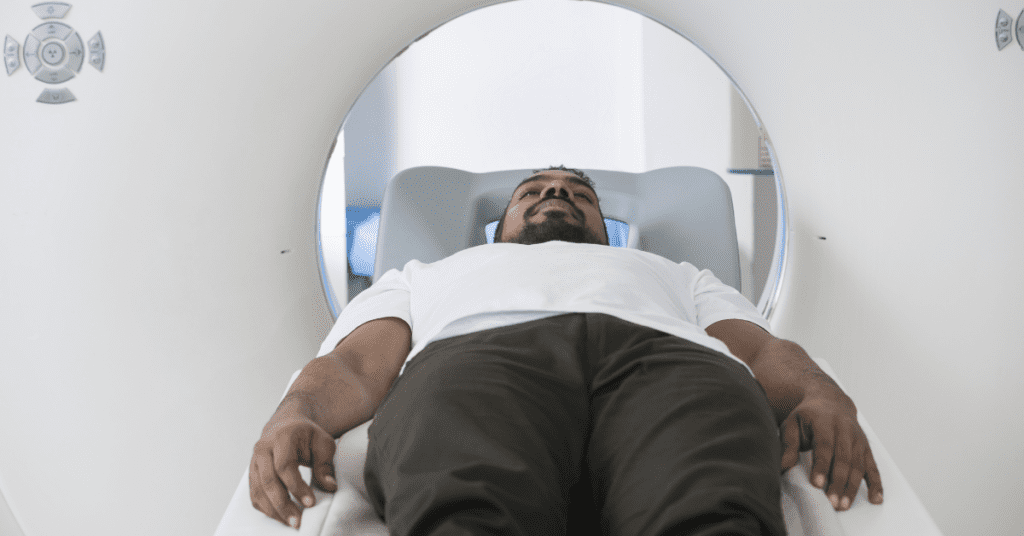Prevention
Prevention is the Key
Preventing Heart Disease and Poor Health Starts With Detection
Understanding Heart Disease
Life is certainly too precious to gamble away. Consider these odds: one out of every four adults
has cardiovascular disease (CVD), the nation’s leading killer of men and women over 35. But
cardiovascular disease doesn’t happen overnight. The disease process begins years-even decades
before the first symptoms are discovered. And, frighteningly, all too often, the first symptom is
death. Now you have a choice. Ignore the statistics and hope for the best, or live life to its fullest,
armed with the clinical information you need.

Identifying the Problem
Fortunately, a number of risk factors have been identified that, if treated or addressed, can
significantly reduce your risk of future CVD problems. You can estimate your risk by determining
your current cholesterol level, history of blood pressure, and smoking history, then performing a
point score calculation. This assessment also considers several other factors, such as heredity,
environment, and lifestyle choices. But these are only estimates based on broad population
studies. While these factors may help determine if a heart scan is appropriate for you, our
low-dose CT (LDCT) heart scan remains the best predictor of a cardiovascular event, more than 10
times more accurate than assessing traditional risk factors alone.
A Way to Beat the Odds
Virtual Imaging, using the latest technology in low-dose CT scanners, offers the heart scan as its
premier method of cardiac risk assessment. LDCT scans at speeds up to 10 times faster than
conventional CT scanners, allowing imaging and mapping of a beating heart without blurring and
without the need for medication. According to the American Heart Association the LDCT scanner,
available at Virtual Imaging Inc, is the non-invasive “gold standard” for determining the
development and extent of plaque buildup in the heart arteries. The scan is easy and painless.
The entire study can be completed in the time it takes you to hold a single breath.

Taking the Right Steps
The information obtained from your heart scan is combined with your clinical information. This
results in an individualized action plan for you and your doctor. Early detection of developing
CVD, coupled with this personalized, proactive approach, helps prevent future related cardiac
events. Talk to your doctor about Virtual Imaging LDCT imaging technology, or for more detailed
information, call Virtual Imaging at (770) 730-0119. You owe it to yourself and your family to
make the call today.
